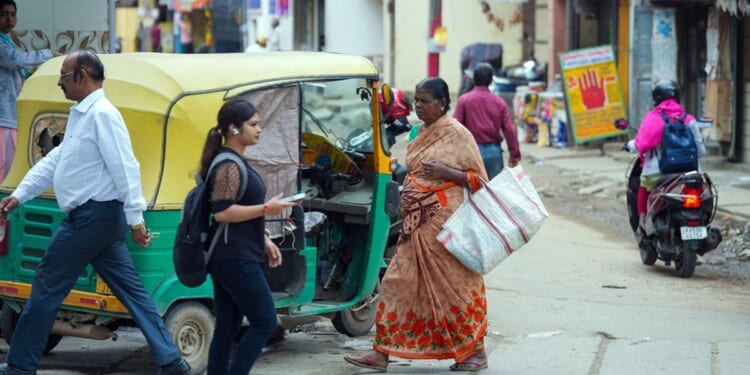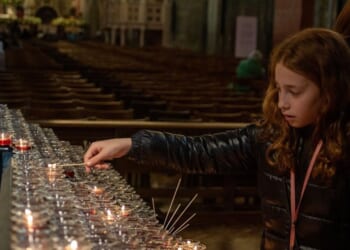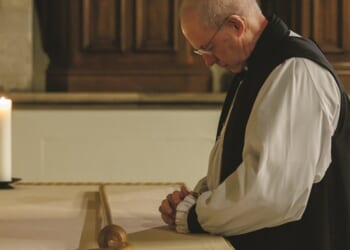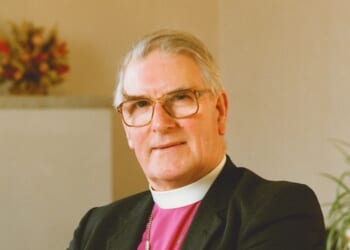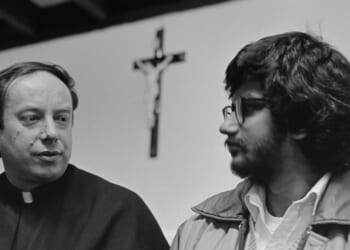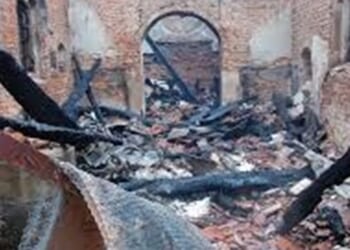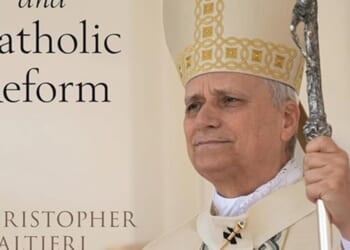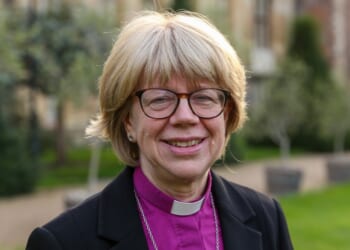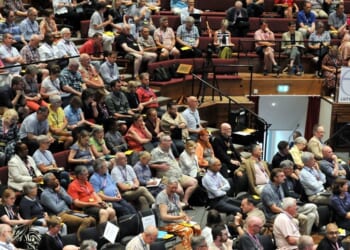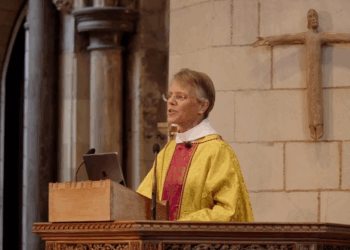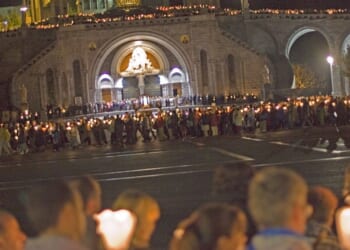THE decision by Karnataka state, in south-west India, to drop 57 Christian sub-castes from its current socio-educational survey has triggered sharp reactions from political leaders, activists, and the Christian community, and has revived longstanding debates about caste, conversion, and equality in India.
The Karnataka State Commission for Backward Classes announced that enumerators — mostly schoolteachers — would begin their house-to-house surveys on 22 September without listing Christian caste categories. Instead, any mention of caste by Christians would be filed under “others”.
Officials said that individuals were still allowed to identify their caste before conversion, but those entries would not be separately recorded.
The Chief Minister, Siddaramaiah, defended the decision, saying that it was intended to avoid confusion. “This survey is to capture social and educational backwardness of people and to find out their religion. If someone is a practising Christian, the person will be listed as Christian, and not in terms of caste,” he said.
Christian leaders, however, argue that the controversy reflects deeper insecurities about their place in Indian society. “There is no caste in Christianity, but many converts still carry the burdens of caste in daily life,” Fr Francis D’Souza, a Roman Catholic parish priest in Bangalore, said. “Ignoring that reality erases the discrimination [that] Dalit Christians face, even within the Church.”
The Archbishop of Bangalore, Dr Peter Machado, vice-president of the Catholic Bishops’ Conference of India, urged the faithful to co-operate with the survey. “Christians are free to state their identity as they wish — either by simply declaring themselves as Christian or by mentioning their caste background. The survey should be about understanding communities better, not creating new divisions,” he told reporters.
Others fear that the decision reflects political expediency. “This is less about Christians and more about vote-bank politics,” Sister Maria Thomas, a nun working in the slums of Bengaluru, said. “Dalit Christians are doubly marginalised — first as Dalits, and second as Christians denied reservations. Removing caste categories pushes them further into invisibility.”
Even in the Congress, concerns have surfaced. The Health Minister, Dinesh Gundu Rao, wrote to the commission objecting to names such as “Brahmana Christian”, calling them “immoral” and “illegal”. “A person who converts to Christianity loses the caste identity. There is no caste called Brahmana under Christianity,” he said.
Christian activists are divided. While some oppose caste nomenclature, others demand internal reservation. “Christians are currently in the 3B category, but the benefit hardly reaches the poor. We need internal reservation in the 2B category, similar to what Muslims have,” an activist in Mysuru, Joseph Anthony, said.
The survey, costing Rs420 crore survey (crore = ten million), covering 70 million residents, began on 22 September and runs until 7 October; and 175,000 teachers are acting as enumerators. Each is surveying 120 to 150 households, recording data on caste, religion, education, and employment.
Tauseef Ahmad and Sajid Raina are freelance journalists based in Kashmir.

